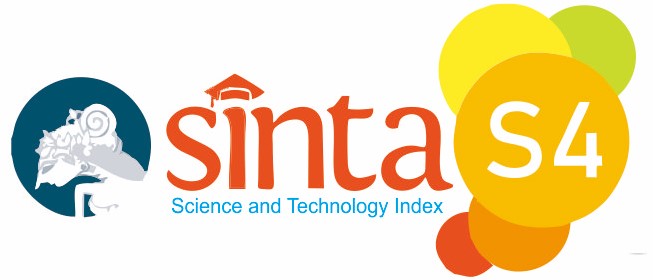Publication Ethics
Publication Ethics and Malpractice Statement
ATASI : Adopsi Teknologi dan Sistem Informasi is a peer-reviewed electronic journal. This statement clarifies the behavior of all parties involved in the act of publishing an article in this journal, including the author, the chief editor, the Editorial Board, the peer-reviewer and the publisher. This statement is based on COPE’s Best Practice Guidelines for Journal Editors.
Ethical Guideline for Journal Publication
The publication of an article in a peer-reviewed ATASI : Adopsi Teknologi dan Sistem Informasi is an essential building block in the development of a coherent and respected network of knowledge. It is a direct reflection of the quality of the work of the authors and the institutions that support them. Peer-reviewed articles support and embody the scientific method. It is, therefore, important to agree upon standards of expected ethical behavior for all parties involved in the act of publishing: the author, the journal editor, the peer reviewer, the publisher and the society.
Publication decisions
The editor of the ATASI : Adopsi Teknologi dan Sistem Informasi is responsible for deciding which of the articles submitted to the journal should be published. The validation of the work in question and its importance to researchers and readers must always drive such decisions. The editors may be guided by the policies of the journal's editorial board and constrained by such legal requirements as shall then be in force regarding libel, copyright infringement and plagiarism. The editors may confer with other editors or reviewers in making this decision.
Fair play
An editor at any time evaluates manuscripts for their intellectual content without regard to race, gender, sexual orientation, religious belief, ethnic origin, citizenship, or political philosophy of the authors.
Confidentiality
The editor and any editorial staff must not disclose any information about a submitted manuscript to anyone other than the corresponding author, reviewers, potential reviewers, other editorial advisers, and the publisher, as appropriate.
Disclosure and conflicts of interest
Unpublished materials disclosed in a submitted manuscript must not be used in an editor's own research without the express written consent of the author.
Duties of Editor
The editor responsible for receiving submissions should be sent by the authors. In the process of editing the manuscript, the editor in conducting the assessment must still prioritize the weight of scientific articles were examined, with prejudice to race, gender, ethnicity, religion, nationality and political views of the writer. The editors are not allowed to conceal information about the article in question, except to the authors, bebestari partners, and publishers. If the manuscripts are accepted less worthy of publication, the editors must maintain the confidentiality of the manuscript, so as not to be used by others, except by permission of the authors.
Duties of Reviewers
Contribution to Editorial Decisions
Peer review assists the editor in making editorial decisions and through the editorial communications with the author may also assist the author in improving the paper.













